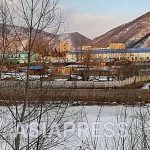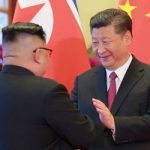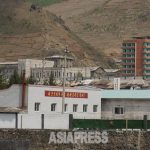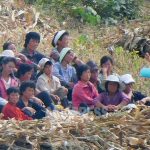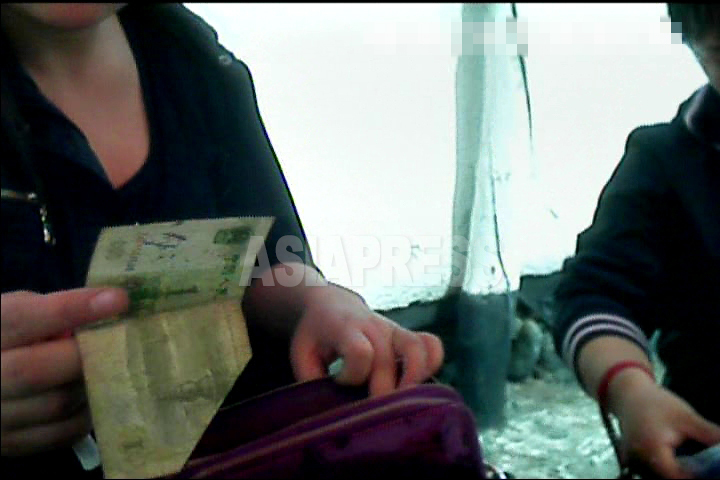
As the real exchange rate of the Chinese RMB and the USD continues to rise in North Korea, more and more people are selling their won on the black market to buy foreign currency. The falling won has led to a rise in food and gasoline prices, and the authorities have launched a crackdown on the illegal exchange and use of foreign currencies (Kang Ji-won / ISHIMARU Jiro).
◆ Won Plummets 35% in Two Weeks
Based on comprehensive research conducted by our reporting partners living in North Pyongan Province, Ryanggang Province, and North Hamkyung Province in North Korea, the exchange rate for foreign currencies has changed as follows.
〇 1 RMB
Jan. 14: 640 won → Jan. 22: 750 won → Jan. 28: 860 won
〇 1 USD
Jan. 14: 4,750 won → Jan. 22: 5,900 won → Jan. 28: 6,600 won
The surge in the price of foreign currencies began after the resumption of railroad trade between Sinuiju, North Korea, and Dandong, China, on January 17.
◆ Authorities have ordered a substantial restriction on the use of foreign currencies, but...
"As trade with China is expected to expand, everyone is trying to convert as much cash as possible into RMB and USD. Especially the Dongju (newly wealthy) are buying on a large scale. Everyone remembers that domestic currency is unreliable. The money changers are reluctant to sell foreign currencies because they think the won will still fall."
This is what our reporting partner in Ryanggang Province told us about the current situation.
Along with the decline in the won, the market prices of essential commodities such as food, gasoline, and diesel fuel have risen. As a result, there are fears of inflation.
〇 1kg of white rice
Jan. 14: 4,700 won → Jan. 28: 5,000 won
〇 1kg of gasoline (Note: Oil is sold in kilograms in North Korea)
Jan. 14: 7,700 won → Jan. 28: 10,000 won
Meanwhile, the authorities are in a panic. In response, they have issued a notice strictly regulating the use of foreign currency and forbidding black market exchanges in an effort to protect the won. Our reporting partner explained the situation as follows:
"The Dong Office (government office) issued a notice through the people's group, saying, 'We will not tolerate money-changing because it is an anti-socialist act and it interferes with the country's economic activities. Those who exchange money should be reported to the authorities.'"
The future of the won is unpredictable and market turmoil may continue for a while.
※ASIAPRESS contacts its reporting partners in North Korea through smuggled Chinese mobile phones.
- <Inside N. Korea> Many people are released from prison under the Great Amnesty. Tensions among authorities over recidivism, retribution and hunger. Preparation for intensive surveillance at an early stage. Families question, "How can we feed malnourished prisoners?" (2022-01-30)
- <Inside N. Korea> Exchange Rates for Foreign Currencies Skyrocket After Resumption of Railroad Trade; U.S. Dollar rises 24% (2022-01-24)
- Nationwide “Compost Battle” Begins Again: Cash-Strapped Regime Continues Missile Testing While Forcing Citizens to Collect Feces for Farm Use. ISHIMARU Jiro (2022-01-20)
- <Inside N. Korea> Social Unrest and Discontent Over Lack of Special Rations as Security is Stepped Up For Kim Jong-un's Birthday For the First Time (2022-01-11)
- <Inside N. Korea> Social Unrest and Discontent Over Lack of Special Rations as Security is Stepped Up For Kim Jong-un's Birthday For the First Time (2022-01-11)
